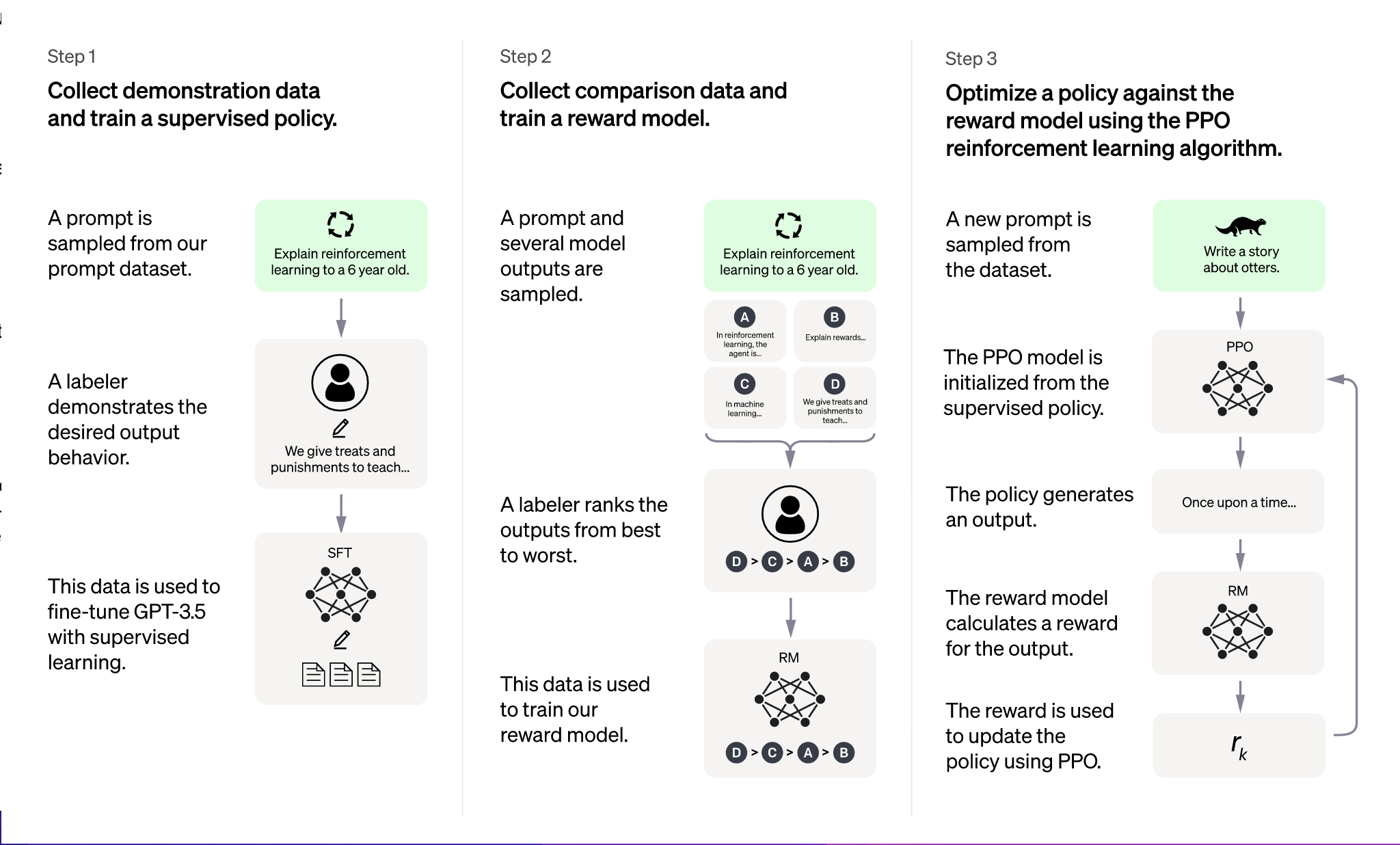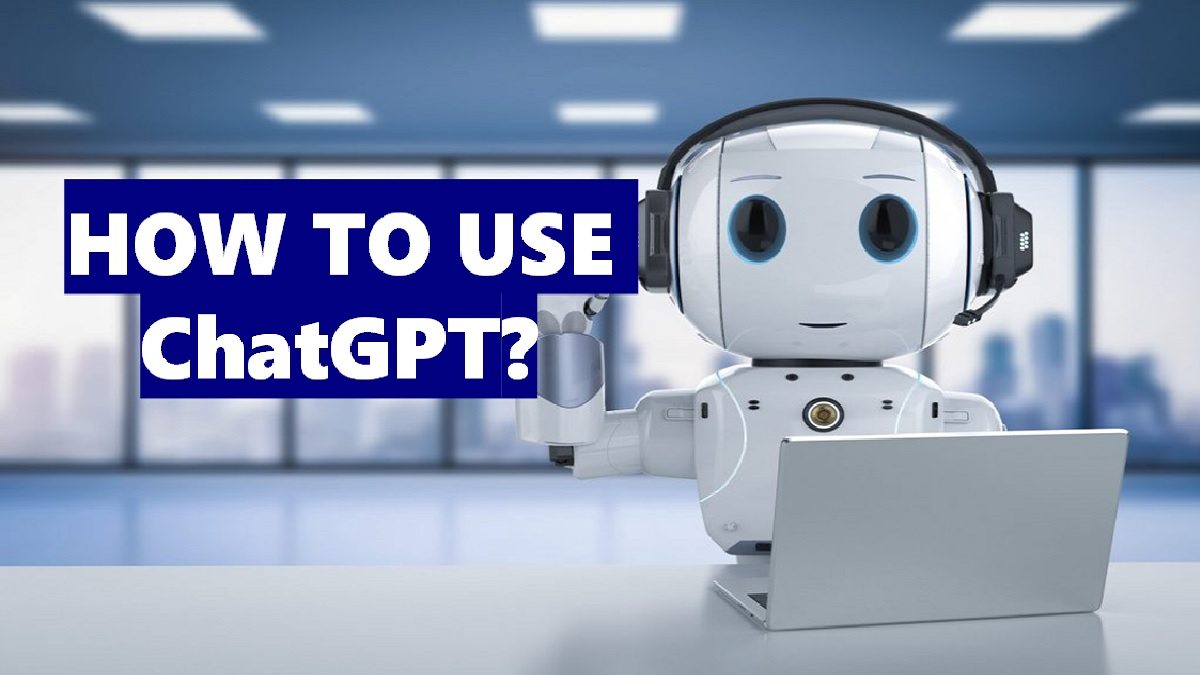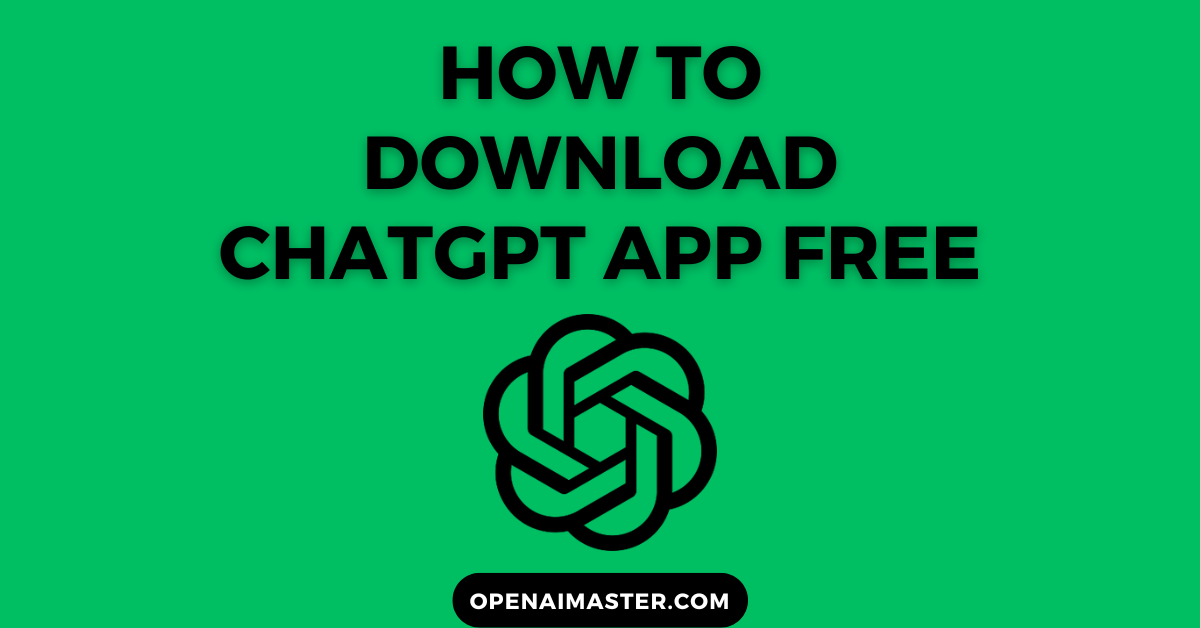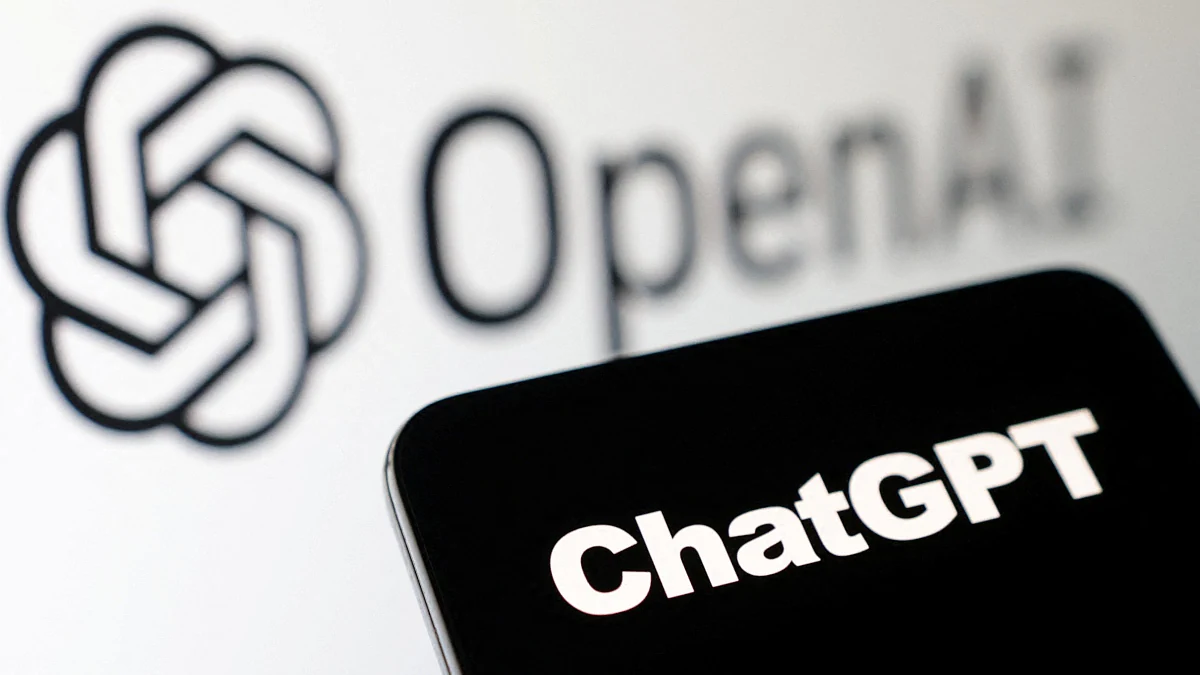ChatGPT: Everything You Need To Know
Table of Contents
Explore ChatGPT, a large language model chatbot that can generate text, translate languages, and answer your questions. Learn about its capabilities, limitations, and alternatives.
What is ChatGPT?

ChatGPT is a large language model chatbot developed by OpenAI. It can generate text, translate languages, write different kinds of creative content, and answer your questions in an informative way. It is still under development, but it has learned to perform many kinds of tasks.
Who created ChatGPT?

ChatGPT is a large language model chatbot developed by OpenAI. It can generate text, translate languages, and answer your questions in an informative way.
OpenAI is a non-profit research company focused on developing friendly artificial intelligence. It was founded in 2015 by a group of entrepreneurs and researchers, including Elon Musk and Sam Altman. OpenAI is backed by several investors, with Microsoft being the most notable. OpenAI also created Dall-E, an AI text-to-art generator.
How does ChatGPT work?

ChatGPT uses a process called machine learning to generate text. It is trained on a massive amount of text data, and it learns to identify patterns in that data. When you ask ChatGPT a question or give it a prompt, it uses these patterns to generate a response.
What kinds of questions can users ask ChatGPT?
You can ask ChatGPT a wide variety of questions, including open-ended, challenging, or strange questions. It can provide summaries of factual topics or create stories.
ChatGPT can answer a vast array of questions, covering factual topics, creative prompts, and even personal musings.
How are people using ChatGPT?

People are using ChatGPT for a variety of purposes, including:
- Generating creative text formats, like poems, code, scripts, musical pieces, email, letters, etc.
- Answering questions in an informative way
- Translating languages
- Writing different kinds of creative content
What are the benefits of ChatGPT?
ChatGPT can be a helpful tool for generating creative text formats, answering questions, and translating languages. It can also be used to explore different ideas and perspectives.
ChatGPT offers several potential benefits, including:
Storytelling: Craft unique narratives or poems, sparking imagination and exploring different writing styles.
Worldbuilding: Describe fantastical creatures or landscapes, expanding your creative horizons.
Brainstorming: Generate new ideas for projects, solutions, or even artistic endeavours.
Role-playing: Engage in fictional conversations or scenarios, stepping into different perspectives.
Question Answering: Seek information on various topics, prompting further research and understanding.
Content Summarization: Get concise overviews of complex subjects, aiding comprehension and study.
Language Translation: Bridge communication gaps and access information in different languages.
What are the limitations of ChatGPT? How accurate is it?
It is important to remember that ChatGPT is a machine-learning model, and it is not perfect. It can sometimes generate incorrect or misleading information, and it may not always be able to understand your intent. It is important to use ChatGPT critically and to fact-check its responses.
What are the ethical concerns associated with ChatGPT?
There are several ethical concerns associated with the use of large language models like ChatGPT, such as:
- Bias: ChatGPT is trained on a massive amount of text data, and this data may reflect the biases of the people who created it. This can lead to ChatGPT generating biased or discriminatory text.
- Misinformation: ChatGPT can be used to generate fake news or other forms of misinformation. It is important to be critical of the information that ChatGPT provides.
- Privacy: ChatGPT collects and stores data about its users. It is important to be aware of how your data is being used.
How can you access ChatGPT?

You can access ChatGPT through the OpenAI website.
What to do if ChatGPT is at capacity
If ChatGPT is at capacity, you may not be able to use it immediately. You can try refreshing the page or coming back later.
Alternative Language Models:
- Consider exploring other language models like Bard from Google AI or Jurassic-1 Jumbo from AI21 Labs. These models offer similar functionalities as ChatGPT and may have different peak usage times.
Creative Activities:
- If you’re feeling creative, use the downtime to brainstorm ideas for writing projects, design concepts, or other artistic endeavours. Take a break from technology and engage in offline activities like drawing, sketching, or playing music.
Learning Opportunities:
- Utilize the time to delve into educational resources, podcasts, or audiobooks on topics that interest you. You can also enrol in online courses or tutorials to expand your knowledge and skills.
Social Interaction:
- Connect with friends or family, either in person or online, to engage in meaningful conversations and build relationships. Take advantage of this opportunity to unplug and focus on social interaction.
Physical Activity:
- Get some exercise by going for a walk, running, or doing some stretches. Physical activity can boost your mood, reduce stress, and improve cognitive function.
Remember, even when ChatGPT is at capacity, there are many other ways to be productive, creative, and engaged. Use your time wisely and explore alternative options to make the most of your experience.
Is ChatGPT free?

ChatGPT is available for free through the OpenAI website. There is also a paid version with more features.
What are the alternatives to ChatGPT?
- Bard (Google AI): I can access and process information from the real world through Google Search, keeping my responses consistent with search results.
- Bing AI (Microsoft): Built on similar technology as ChatGPT, with access to more recent information.
- AI Writer, Article Forge, ChatSonic, Copysmith, DeepL Write, Jasper, Magic Write, Open Assistant, Peppertype, Perplexity AI, Spellbook, Rytr, and YouChat: These tools offer various text generation capabilities, like writing different kinds of creative content, translating languages, and answering your questions in an informative way.
Coding:
- AlphaCode, Amazon CodeWhisperer, CodeStarter, CodeWP, Cody, Enzyme, Ghostwriter, GitHub Copilot, Mutable.ai, OpenAI Codex, Seek, Tabnine: These tools can assist with coding tasks by suggesting code completions, generating different code variations, or translating natural language to code.
Remember, each tool has its strengths and limitations. Consider what you need the tool for and research the options carefully before choosing one. It’s also a good idea to check their terms of service and privacy policies to make sure you’re comfortable with how they use your data.
Final thoughts
ChatGPT is a large language model chatbot that can generate text, translate languages, and answer questions. It’s still under development and may not always be accurate. Use it critically and explore alternatives like Bard or other language models!
For More Information Please Visit These Websites Craiyon And Arturia





